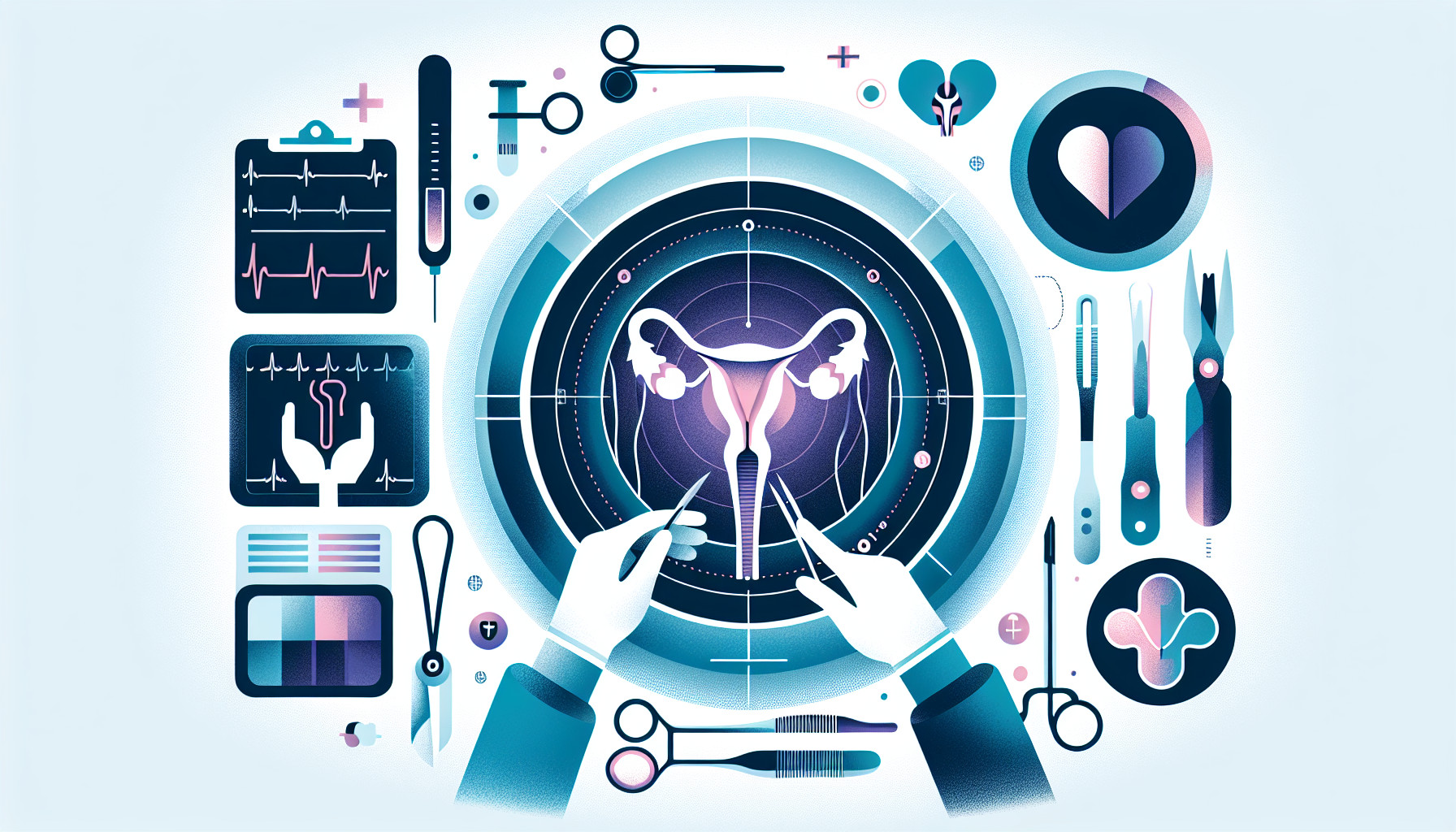Our Summary
This research paper is about a study comparing two different treatments for varicocele (an enlargement of the veins within the scrotum) in teenagers. Varicocele is a common condition in young men and is a major cause of infertility that can be corrected. The two treatments compared in the study are scrotal antegrade sclerotherapy and laparoscopic Palomo surgery.
The study included patients who had a severe form of varicocele and needed surgery. These patients were divided into two groups: one group received scrotal antegrade sclerotherapy, and the other group underwent laparoscopic Palomo surgery. The researchers then compared the outcomes of both treatments.
The results of the study showed that both treatments were effective and safe. Both treatments led to significant improvement in the growth of the affected testes compared to their size before the operation. There was no significant difference between the two treatments in terms of the recurrence of varicocele.
However, the study found that there were no cases of post-surgery fluid accumulation in the scrotum (hydrocele) in the group that received scrotal antegrade sclerotherapy. In contrast, this complication occurred in 13% of the patients who underwent laparoscopic Palomo surgery.
In conclusion, the study suggests that scrotal antegrade sclerotherapy is just as effective as laparoscopic Palomo surgery for treating varicocele in adolescents, but with fewer post-surgery complications.
FAQs
- What are the two treatments for varicocele compared in the study?
- What were the results of the study comparing scrotal antegrade sclerotherapy and laparoscopic Palomo surgery for varicocele treatment?
- What were the post-surgery complications observed in the study between the two varicocele treatments?
Doctor’s Tip
One helpful tip a doctor might tell a patient about varicocele surgery is to carefully follow post-operative instructions, such as avoiding heavy lifting or strenuous activities for a certain period of time to prevent complications. It is also important to attend follow-up appointments to monitor healing and ensure that the surgery was successful. Additionally, maintaining good overall health through a balanced diet and regular exercise can help improve recovery after surgery.
Suitable For
Therefore, patients who have severe varicocele and are looking for a surgical treatment option may be recommended varicocele surgery, particularly scrotal antegrade sclerotherapy, as it has been shown to be effective with fewer post-surgery complications compared to laparoscopic Palomo surgery. Additionally, patients who have experienced post-surgery complications such as hydrocele in the past may also be recommended scrotal antegrade sclerotherapy as a treatment option. Ultimately, the decision to undergo varicocele surgery should be made in consultation with a healthcare provider, taking into consideration the individual patient’s specific circumstances and preferences.
Timeline
Before varicocele surgery:
- Patient may experience symptoms such as pain, swelling, or a lump in the scrotum
- Patient undergoes diagnostic tests such as ultrasound to confirm the diagnosis
- Patient and healthcare provider discuss treatment options and decide on surgery
- Patient may be advised to stop taking certain medications or to fast before the surgery
After varicocele surgery:
- Patient undergoes the chosen surgical procedure (scrotal antegrade sclerotherapy or laparoscopic Palomo surgery)
- Patient is monitored in the recovery room before being discharged home
- Patient may experience some pain, swelling, or bruising in the scrotum post-surgery
- Patient is advised to avoid heavy lifting or strenuous activity for a period of time
- Patient follows up with their healthcare provider for post-operative care and monitoring of the surgical site
- Patient may experience improvement in symptoms and fertility outcomes over time
- Patient may need further follow-up appointments to ensure the success of the surgery and address any concerns.
What to Ask Your Doctor
Some questions a patient should ask their doctor about varicocele surgery include:
- What are the potential risks and complications associated with varicocele surgery?
- How long will the recovery period be after surgery?
- Will I need to take any medications or follow a special diet after surgery?
- How soon after surgery can I resume normal activities, including exercise and sexual activity?
- What is the success rate of the surgery in terms of improving fertility and reducing symptoms?
- Will I need to undergo any follow-up tests or exams after surgery to monitor my condition?
- Are there any long-term effects or complications associated with varicocele surgery?
- How do the outcomes of scrotal antegrade sclerotherapy and laparoscopic Palomo surgery compare in terms of effectiveness and safety?
- How experienced are you in performing varicocele surgery, and what is your success rate?
- Are there any alternative treatments or therapies available for varicocele that I should consider before opting for surgery?
Reference
Authors: Chung KLY, Hung JWS, Yam FSD, Chao NSY, Li DCY, Leung MWY. Journal: J Urol. 2023 Mar;209(3):600-610. doi: 10.1097/JU.0000000000003087. Epub 2022 Dec 8. PMID: 36475807
